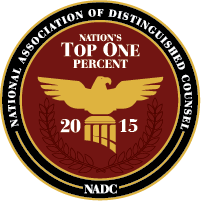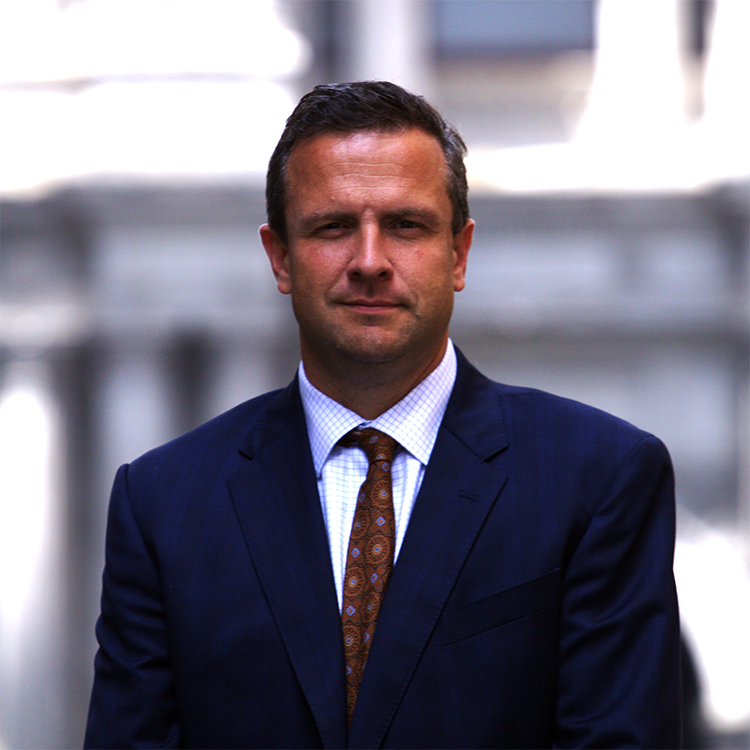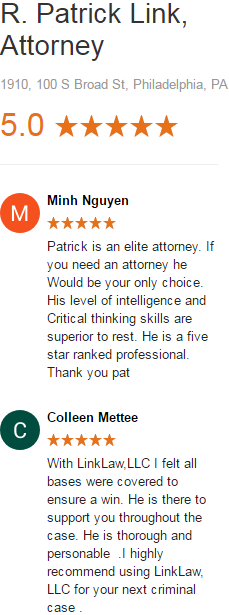After doing research online and my experiences first hand as a criminal defense lawyer in Philadelphia i’ve learned more about how law enforcement are using social media. I compiled this article of how you can best protect yourself from law enforcement online, may it help keep you safe in the future.
You may be wondering – “can my Facebook, Twitter, or Instagram social media accounts, be used as evidence against me in the U.S. court of law?”
The Answer Is Yes!
Facebook posts, tweets, Instagram pictures, YouTube videos, can all cause you to be brought into court.
Police have created fake accounts to catch you, sent subpoenas for slandering tweets, and even charged people for being in a picture with suspected criminals.
No matter what your privacy settings are set to, no matter if your account has been “deleted,” you can still be prosecuted for what you’ve posted online.
Use Of Social Media In Law Enforcement – Table of Contents:
- How Police And Prosecutors Use Social Media?
- What Types Of Social Media Posts Get You In Trouble?
- How Do Cops Use Social Media For Investigations?
- Examples Of Cops Playing A Dirty Social Media Game
- How Can I Protect Myself From Law Enforcement Online?
How Police And Prosecutors Use Social Media
First off, everything you post online is accessible to anyone.
Let me repeat that. Ahem, EVERYTHING you post online is accessible to ANYONE! All content you have ever created online is out there forever, all the time, it never leaves.
Let that sink in for a minute…think about what you’ve posted.
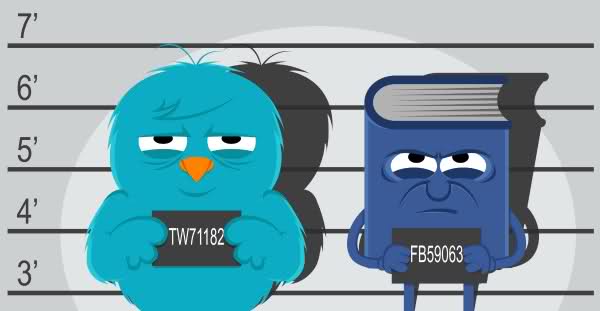
It doesn’t matter if you deleted a post, removed a tweet, or even deleted your profile. Law enforcement can use the things you put on social media against you, even if you had know idea they were looking or thought it was incriminating at the time.
For the most part, police seem to be your friend at the time, but they are full of it. You need to protect yourself by educating yourself and take the time to read about When Cops Lie.
A big take away I want you to understand is that this topic is a very grey area. Exactly how police and prosecutors use social media is not definitively defined.
Each police department uses social media differently and all use it to help them with investigations, especially when a witness goes south.

When challenged, social media as evidence for search warrants holds up in court 87% of the time. Source
What Types Of Social Media Posts Get You In Trouble?
The examples I use are not the only types of posts you can get in trouble for. There are numerous types of posts that can get you in legal trouble. If you think the police will be able to use it against you in the court of law, do not post it.
Some of the most common post types that you can get in legal trouble include: throwing up gang signs, wearing gang colors, having a gang tattoo, promoting gang activities, posting about drugs or drug paraphernalia, mischievous mischief night, promoting illegal activity, rapping about murders (turning someone into a half man), slandering athletes, tweeting “da bomb” on an airplane, etc.

As I stated before, these are just some of the examples. Make sure you think about what you are posting. Take a second to step back and assess the level of legal scrutiny a post can cause you.
If you don’t want your grandma, teacher, or boss to see it, don’t post it.
Law enforcement are going to do all that they can, using social media, to prevent crime from happening. That being said, they are also going to use it for crimes that have already happened like for gun charges in Philadelphia.
If you are taking pictures or associate with people involved in illegal activity, make sure you are aware of the risk you are creating. Even if the pictures or posts are years old, it is proven that law enforcement can still use it against you in the court of law.
How Do Cops Use Social Media For Investigations?
I want to reiterate this again, social media usage for investigations is a very grey area and there are no exact laws. Social media is always changing and how police use it is continuing to change.
On the surface, law enforcement are using it to investigate people posting illegal activity online. 81 percent of law enforcement professionals actively use social media as a tool in investigations. Moreover, 73 percent of law enforcement believe social media can help solve cases more quickly. Learn more in this infographic
Facebook also claimed there was a 23 percent spike in law enforcement requests for data in the United States from January to June 2015, compared to the second half of 2014.
If your profiles are public, then police have full rights to look into the content you have posted. Technically, it is public information and anyone can look at it. Therefore, there is no need for a warrant to look into your social media accounts.
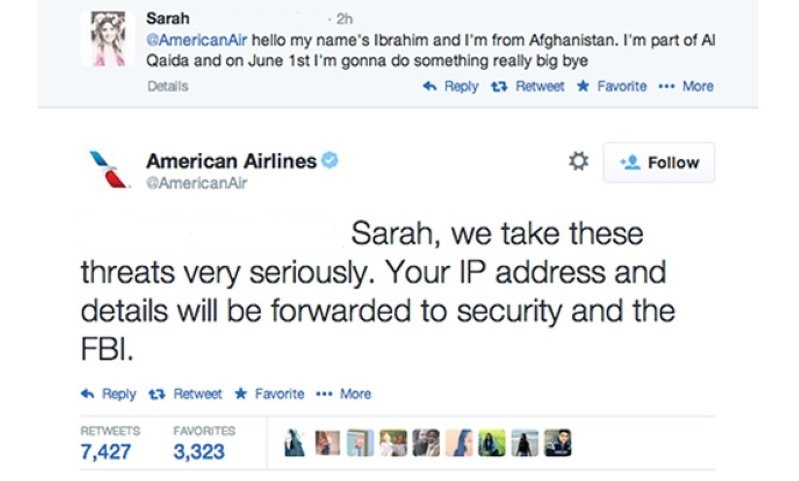
You first thought then is to make your profiles private right? You are then protected because the information is not public. Well, you are about half right.
The information is no longer public, but the police can still submit a request to Facebook for information about you. Facebook then sends them the following list:
User ID number
Email address
Date and Time of your account’s creation
The most recent logins, usually the last 2-3 days
Your phone number, if you registered it
Profile contact info
Mini-feed
Status update history
Shares
Notes
Wall posts
Friends list
Groups list
Future and past events
Videos
Photos
Private messages
IP logs (computers and locations you logged in from)
To make things even more sticky, Facebook doesn’t even have to tell you about it. According to Facebook’s newsroom article, “60% of the requests [Facebook] received for user data from authorities in the United States contained a non-disclosure order that prohibited us from notifying the user.”
Police officers are not always what they seem, as explained in my blog on blue by day, white by night and they will work the system in their favor. Using social media is no different and they have been known to take it to places you weren’t aware they could.
Examples Of Cops Playing A Dirty Social Media Game
Law enforcement have been found creating fake accounts on social media in order to monitor you. Yes, they are using other peoples photos and pretending me to be them. Tell me I’m not the only that thinks this is crazy? And they aren’t just creating fake accounts for crime prevention.
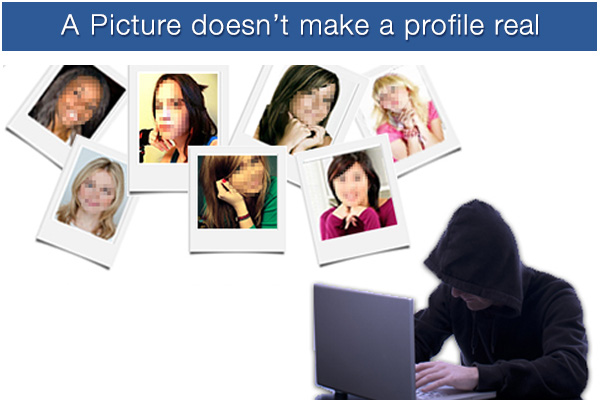
Police are also using informants’ social media accounts to lure in suspects. That means they are going on real people’s personal social media accounts and acting as them to try and catch their trusting friends into admitting to crimes.
New York Times reported the NYPD has even created profiles with pictures of attractive women to spy on gang members. It get’s worse!
The NYPD went as far as posting an array of pictures of the arrests they made. What the heck is that?! Now law enforcement are gloating about their work.
Are police offers just doing their jobs for public admiration online or do they truly want to serve and protect us?
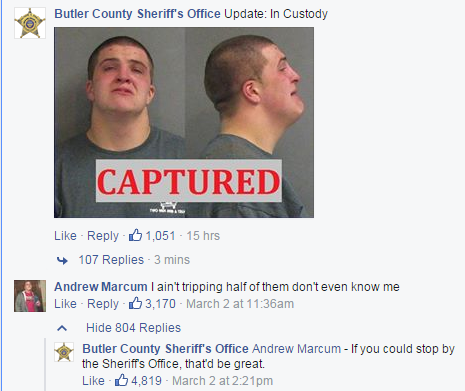
In another example, a former college football player, with no previous criminal record, is being charged for conspiracy and could face life in prison. Facebook posts and pictures are being used to link him to a gang of shooters. No crime criminal record to facing life in prison, all from his Facebook activity.
The man is claiming to never have been involved in the gang and simply just grew up in the same community as the gang members. He has become victim of guilty by association.
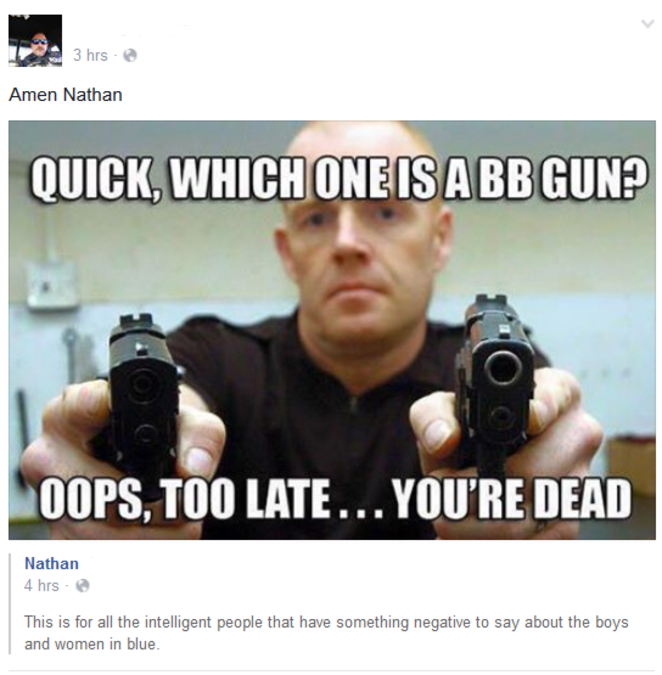
Although, it is hard to tell whether he is telling the truth because the case is still going on. It is still an example you should take it to heart because he is facing life in prison for posts or pictures he put on Facebook years ago.
Final Advice – How Can I Protect Myself From Law Enforcement Online?
I know I probably sound like your mother by saying this, but if it seems like a bad idea and you don’t want someone to see it in a job interview or a court case, don’t post it!
Whether you need the Nebbia order explained or diversion programs options in Philadelphia, you need to also think about how social media will affect your case.
The best way to protect yourself on social media, aside from not having any profiles or moving to a third world country, would be to not post stupid things.
Respect yourself and be aware the actions you are taking.
You know things are happening, why do you need to publicize them and increase the risk of the wrong people finding out? Just don’t.
Overall, you need to be careful about what you are putting on social media. It can be incriminating and hurt you in the future. Thanks for reading, please post your comments below.




